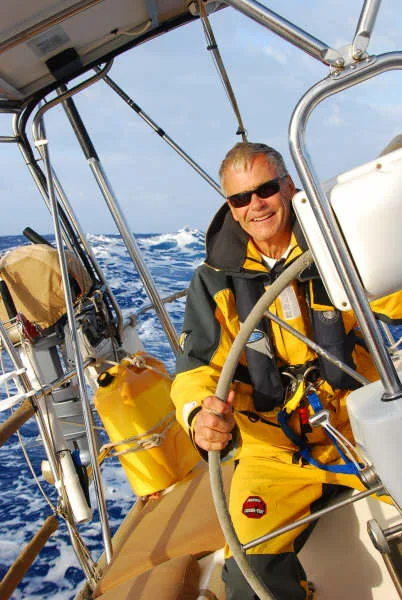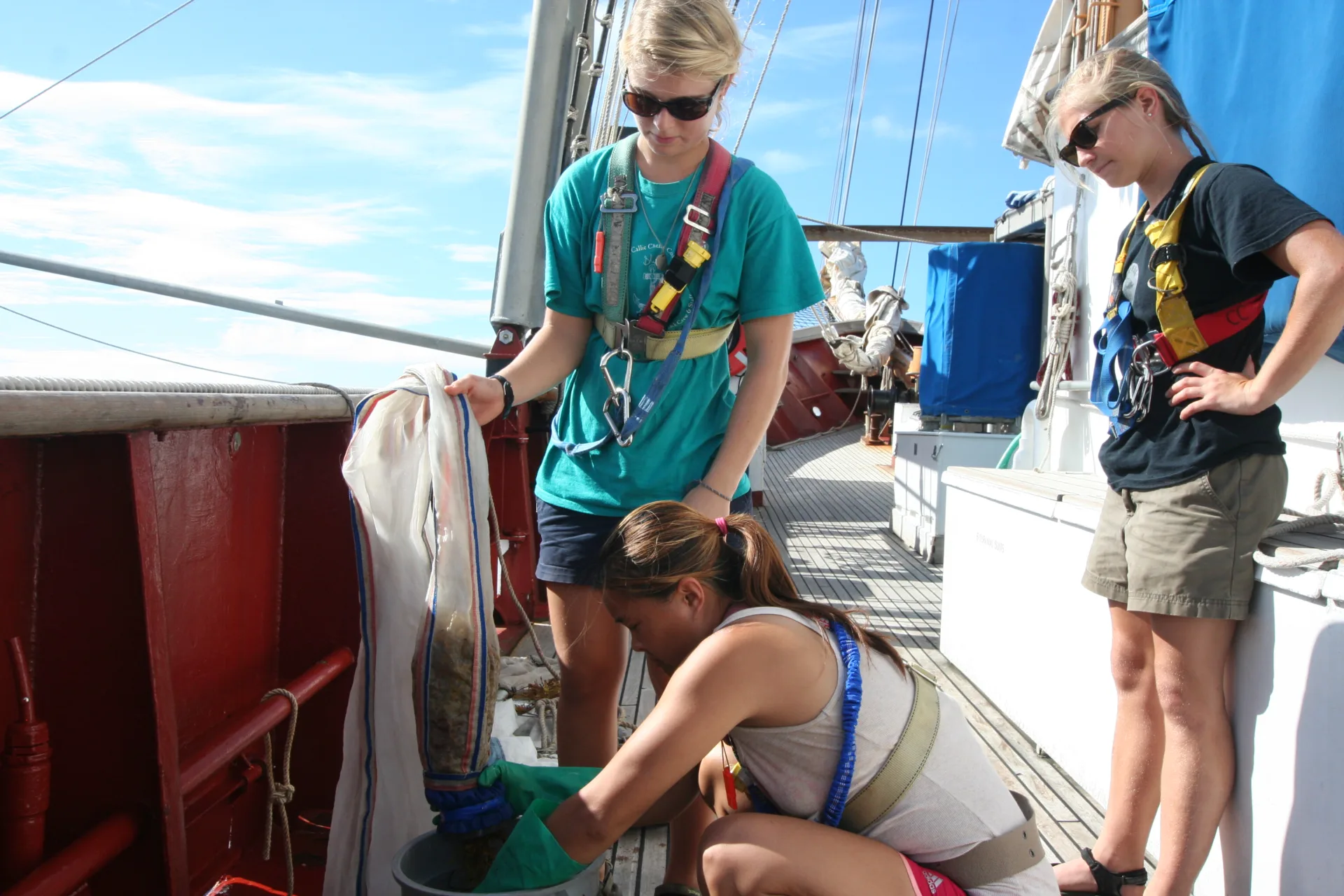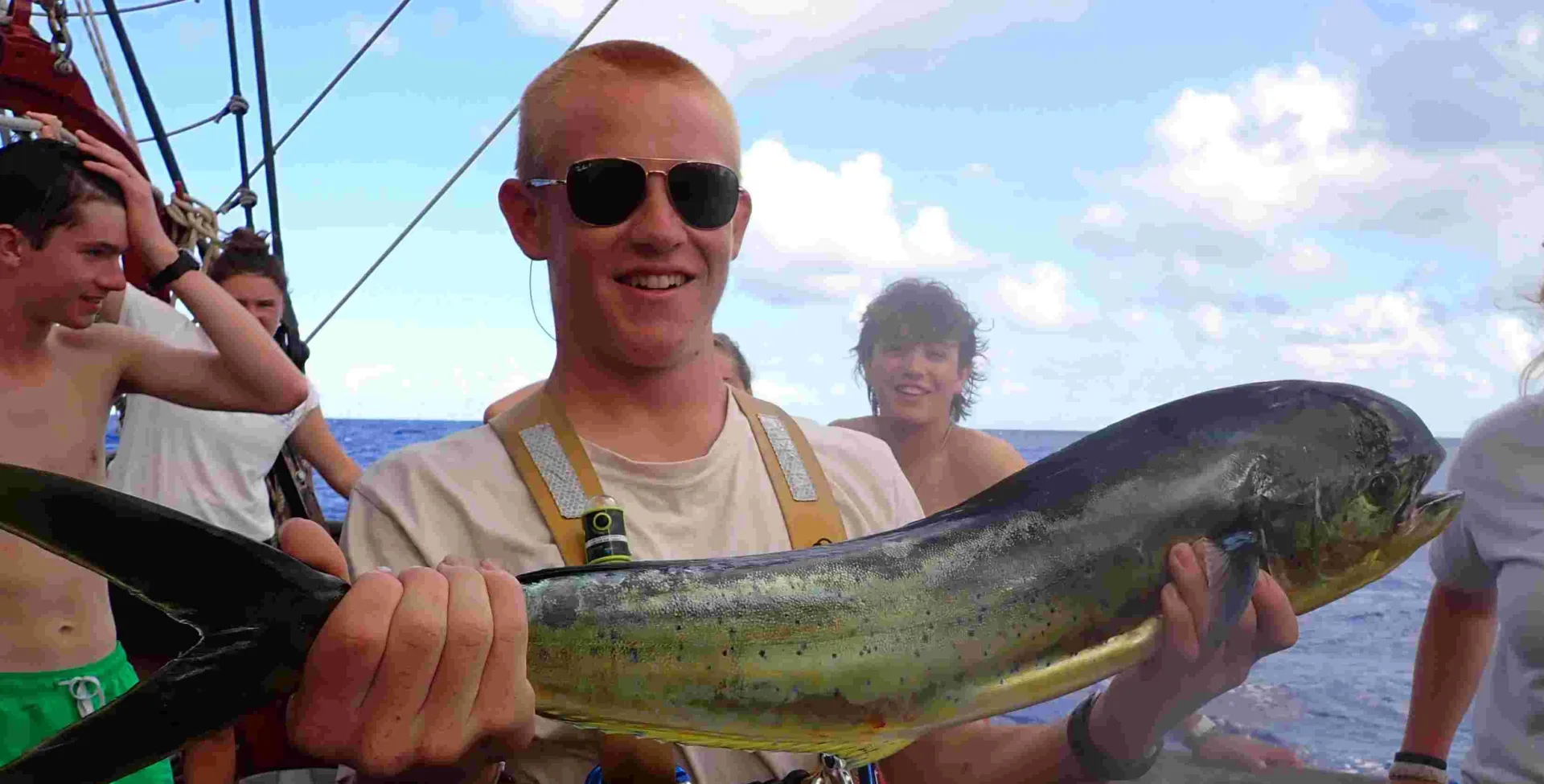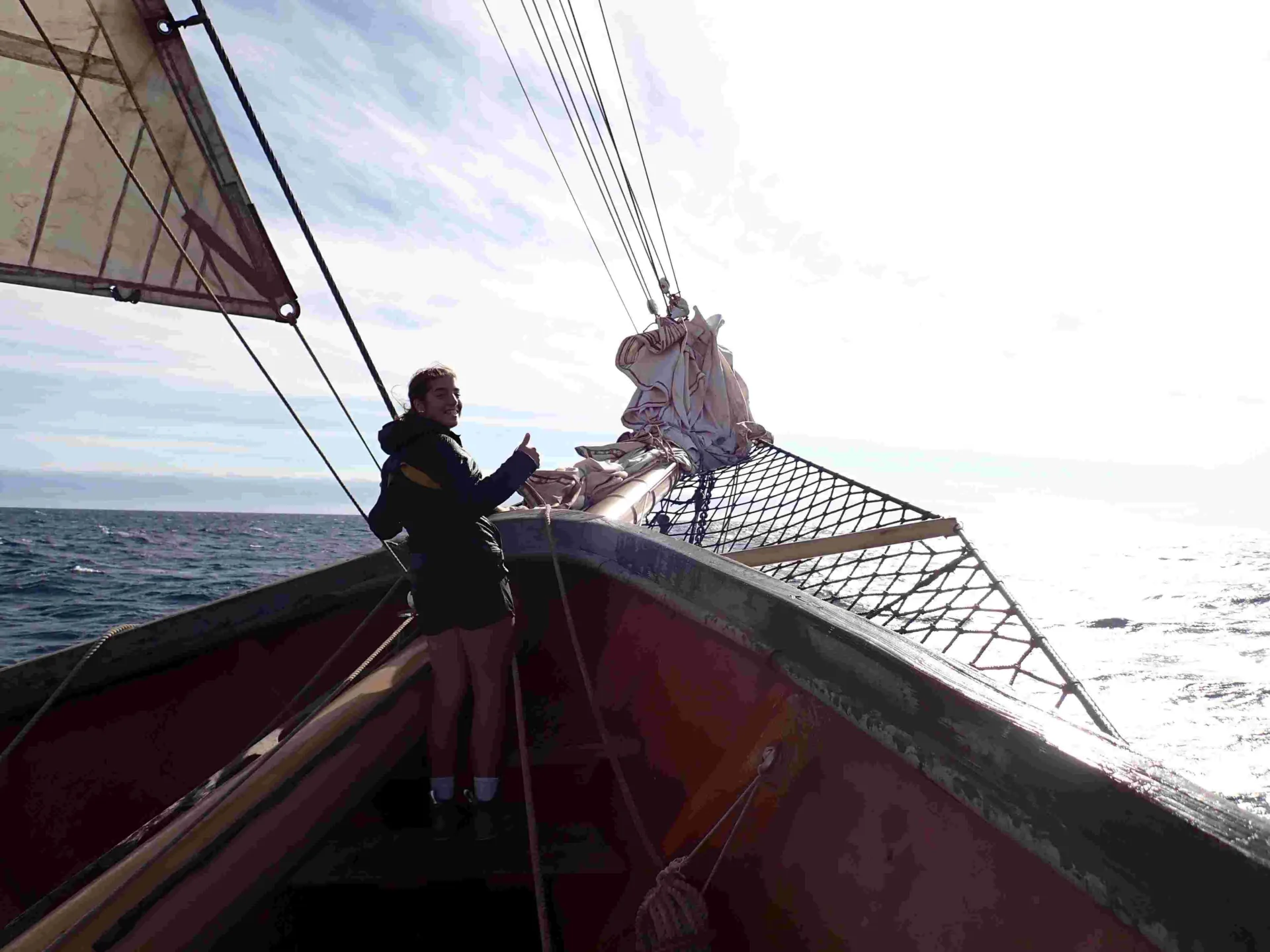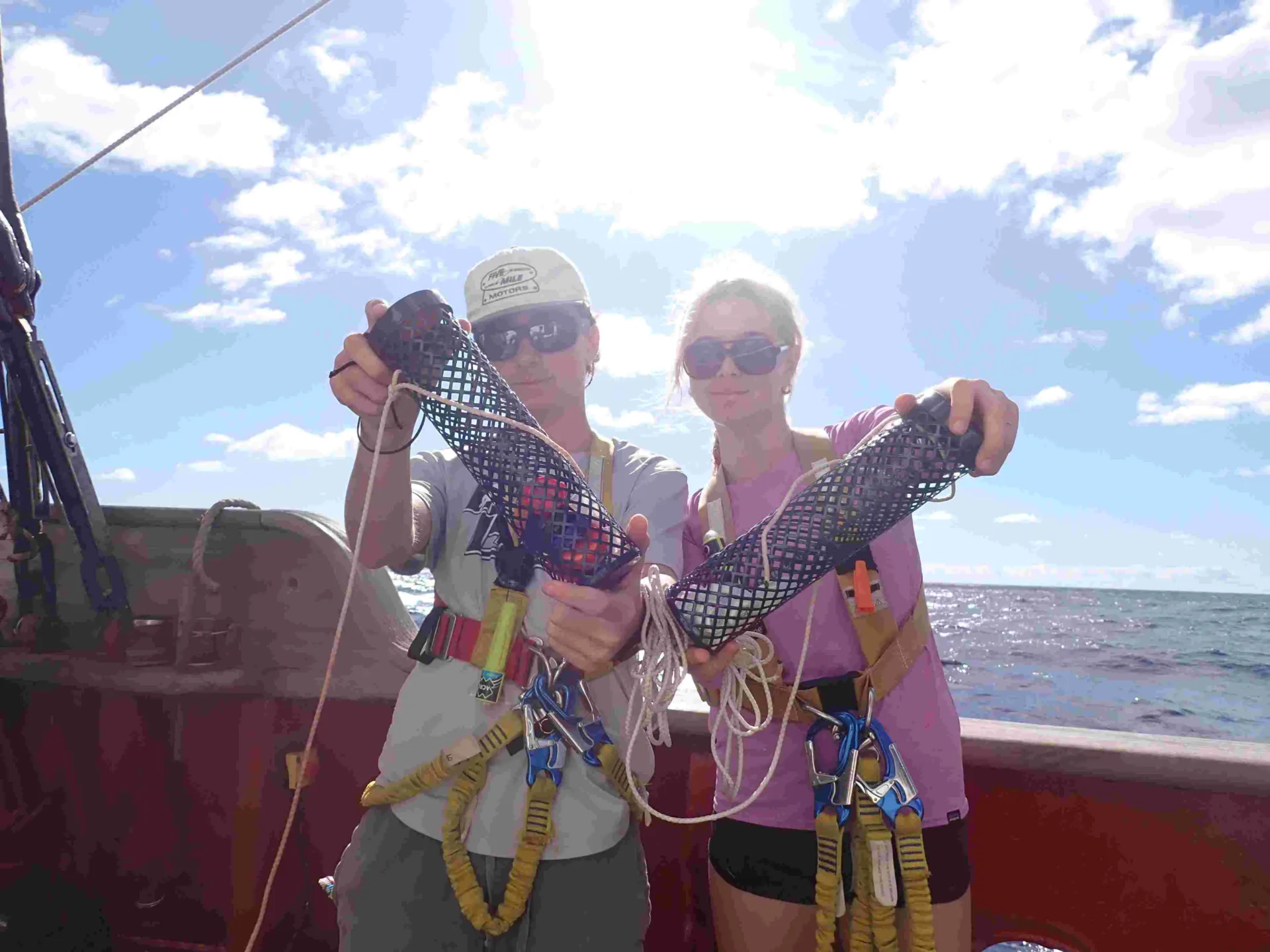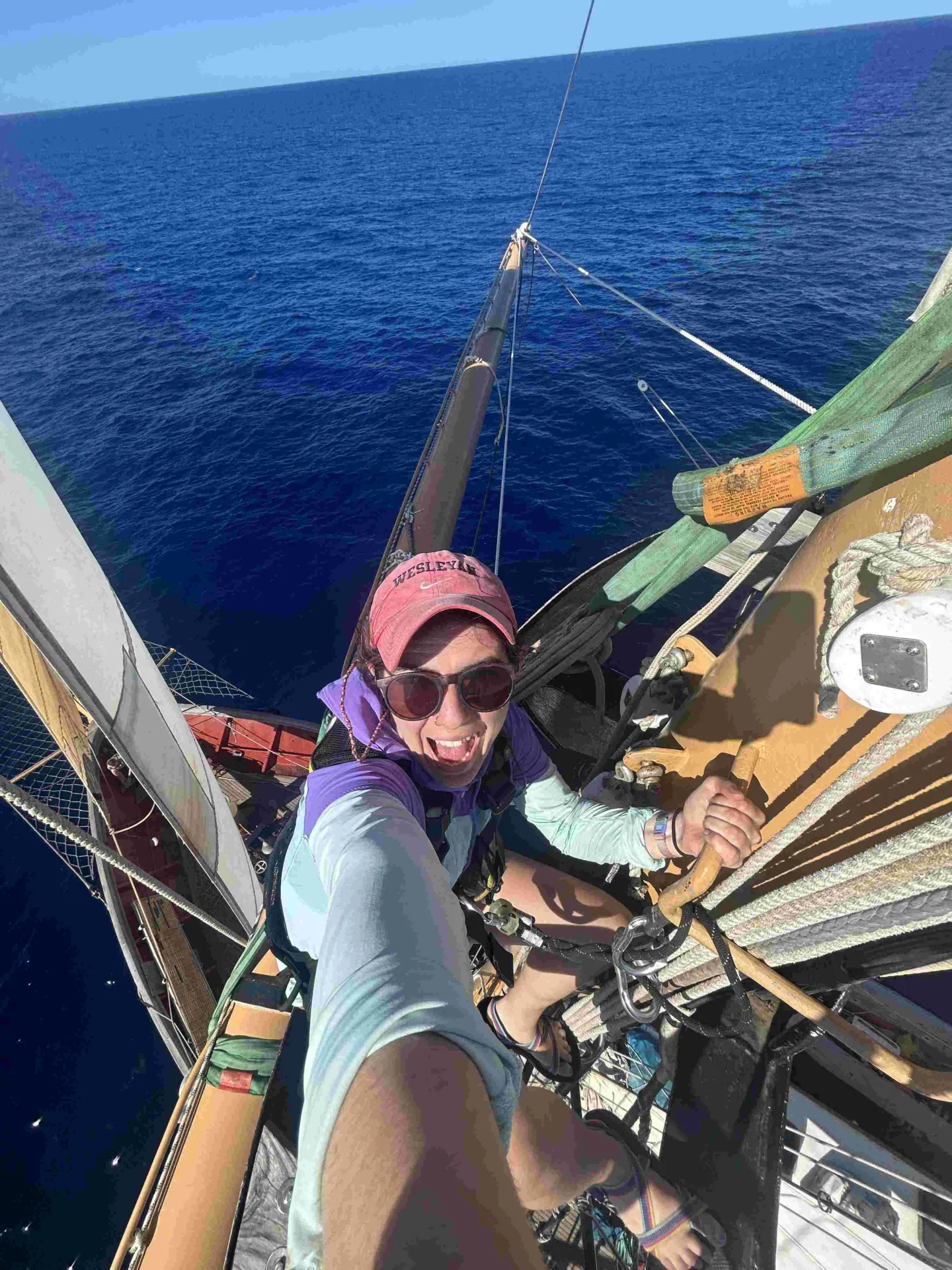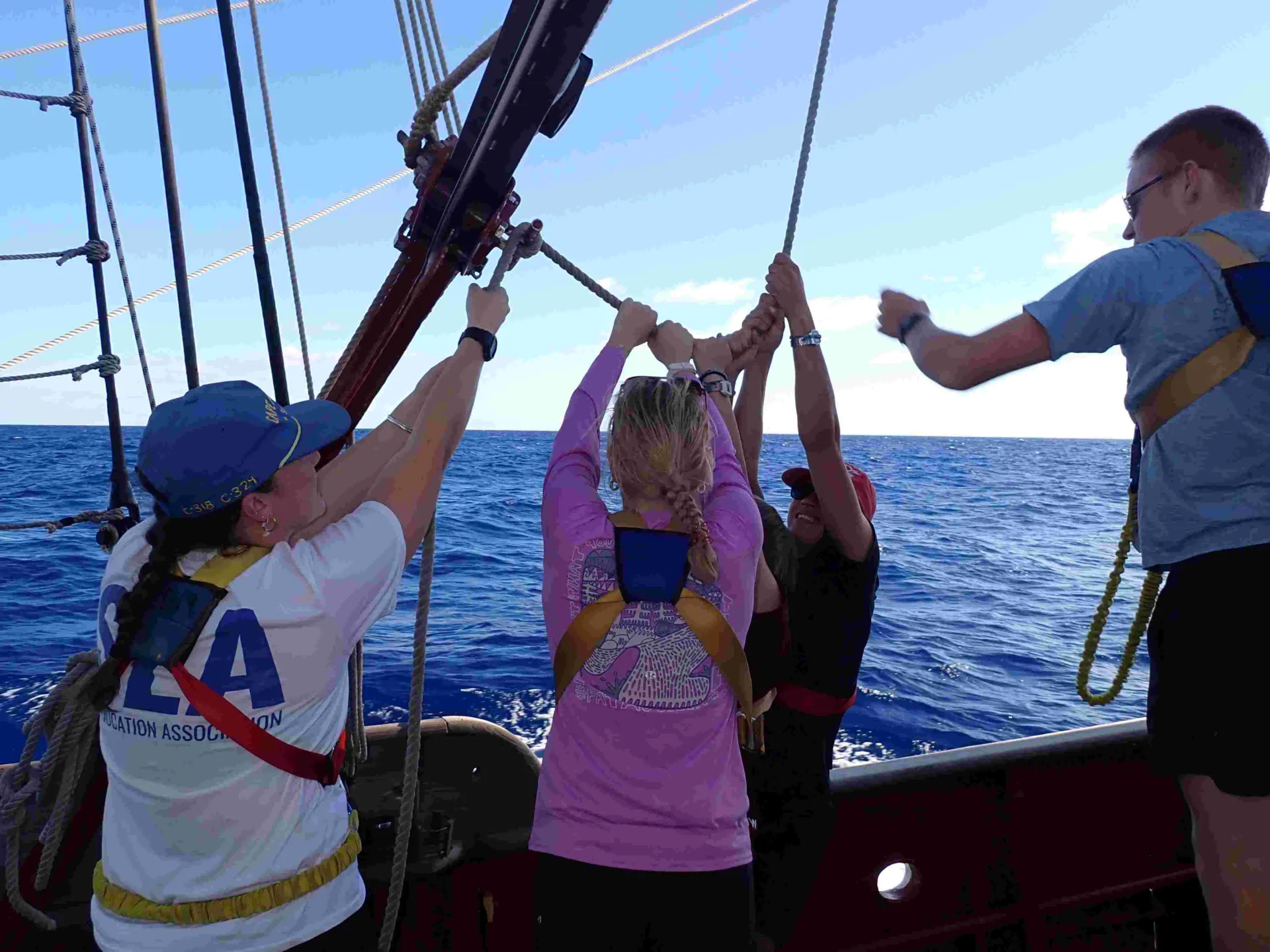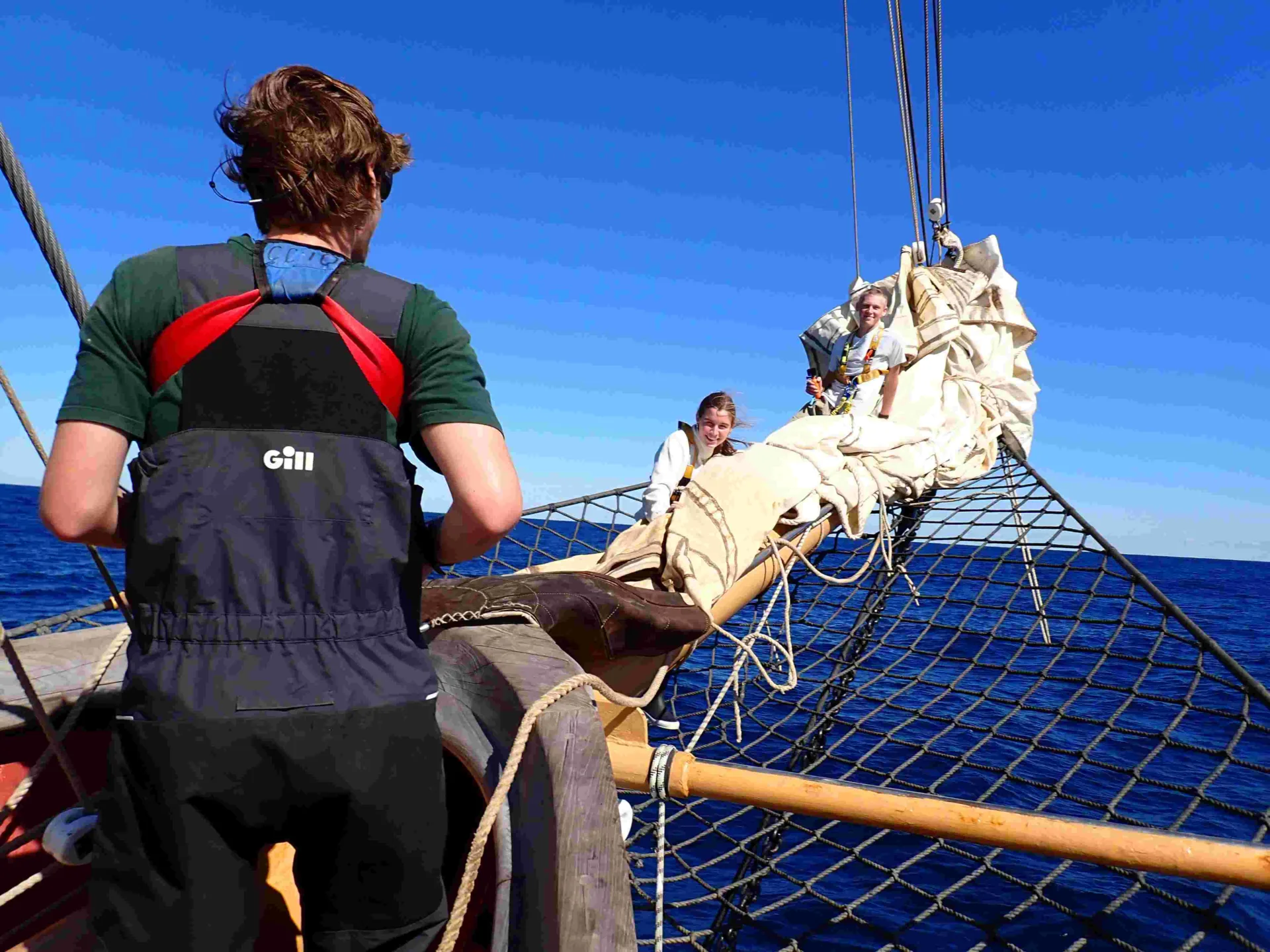Discover the SEA Experience
Undergraduate
Spring 2026
Coral Reef Conservation: Caribbean
St. Croix
Anguilla
Dominica
Undergraduate
Spring 2026
Plastics & Biodiversity in the Sargasso Sea
St. Croix
Bermuda
Woods Hole
High School and Pre-College
Summer 2026
SEA Expedition
Woods Hole, MA
Cape Cod Bay
Gulf of Maine
Upcoming Expeditions
We offer unique programs for all types of students and adventurers
View all programsResearch at Sea
Students conduct field research across natural and social sciences in partnership with local scientists, conservation organizations, and community experts.
Engage with community experts, local politicians, naturalists, and scientists to understand the cultural and policy impacts on ocean conservation.
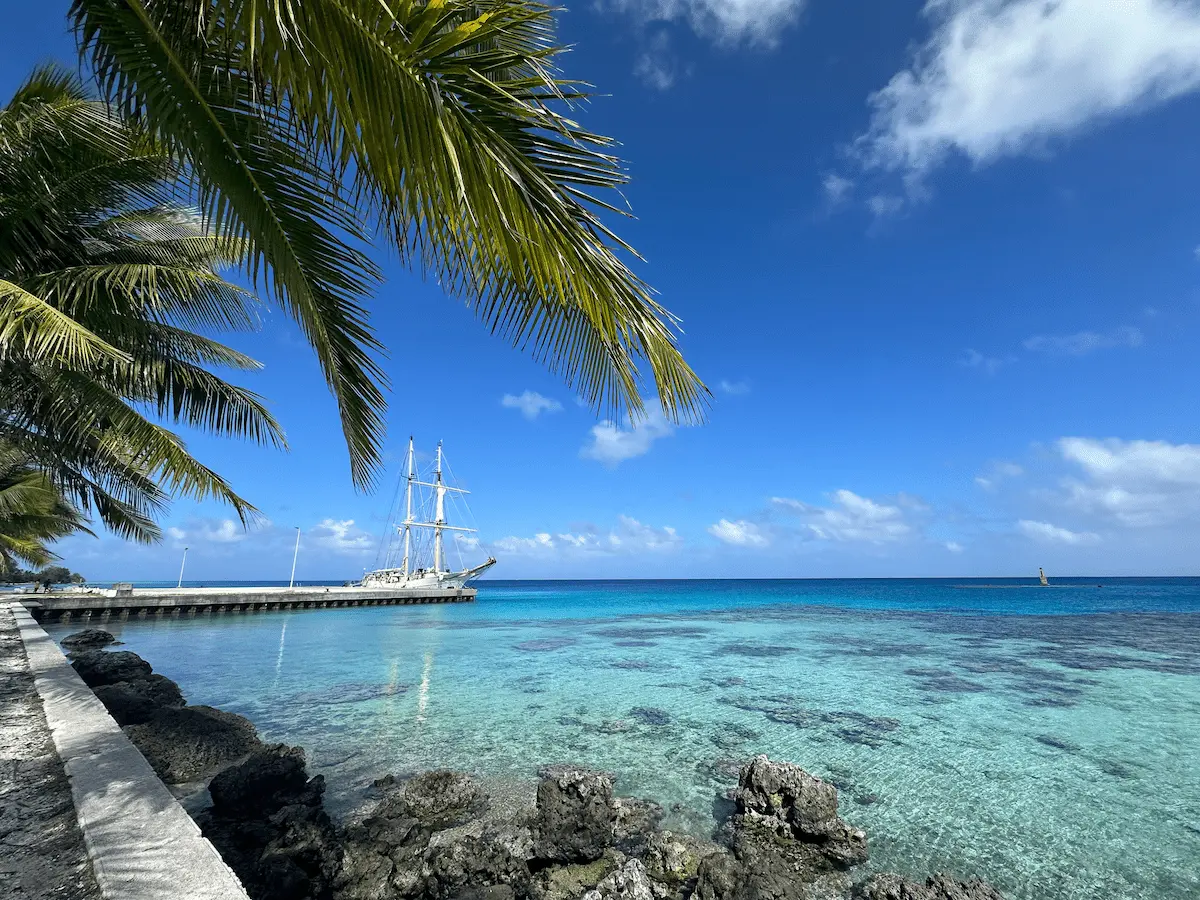
Understand marine biodiversity's critical role and its threats: pollution, habitat loss, fishing, climate change, and inadequate sampling.
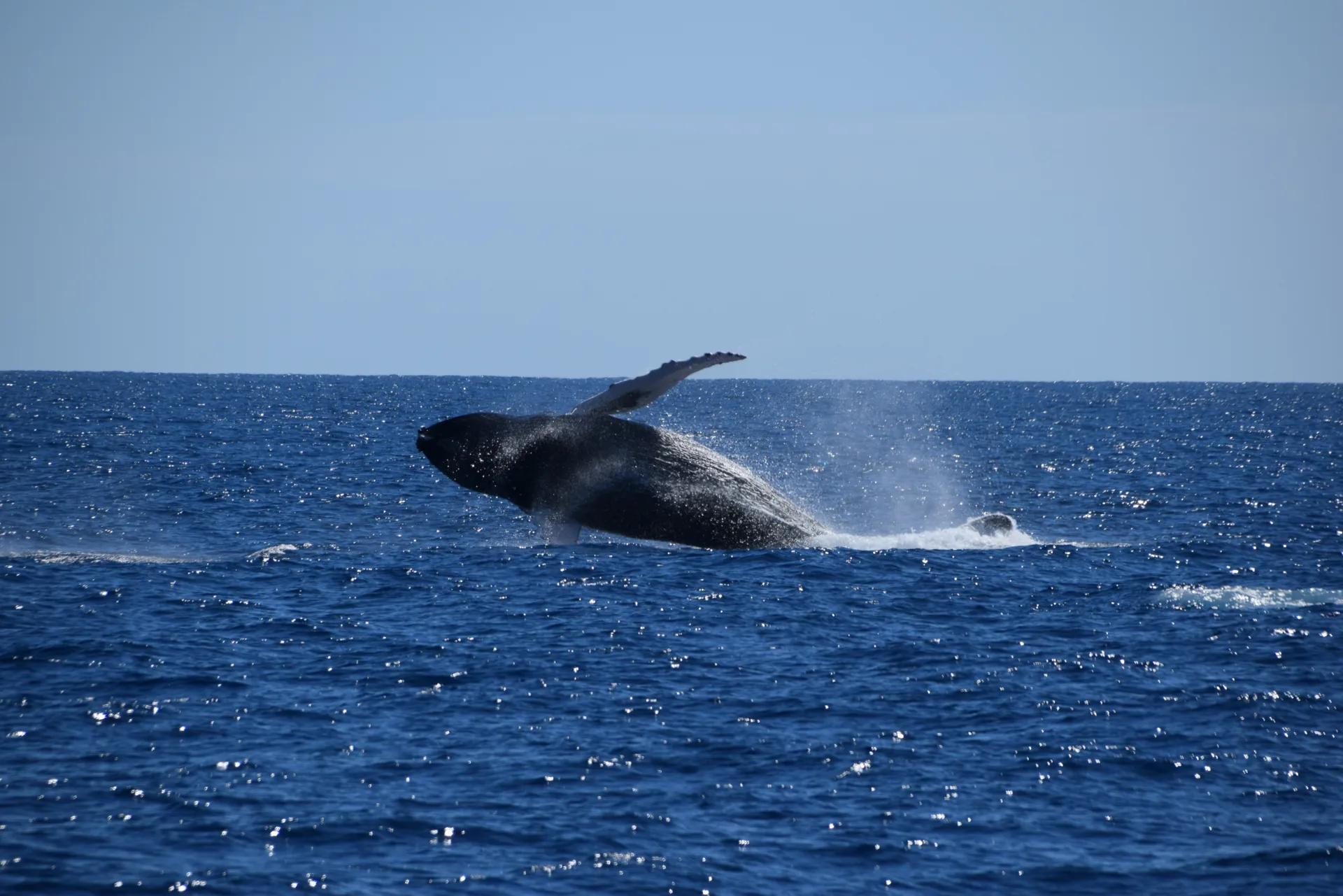
Conduct hands-on marine research, applying theory through practical data collection and analysis.
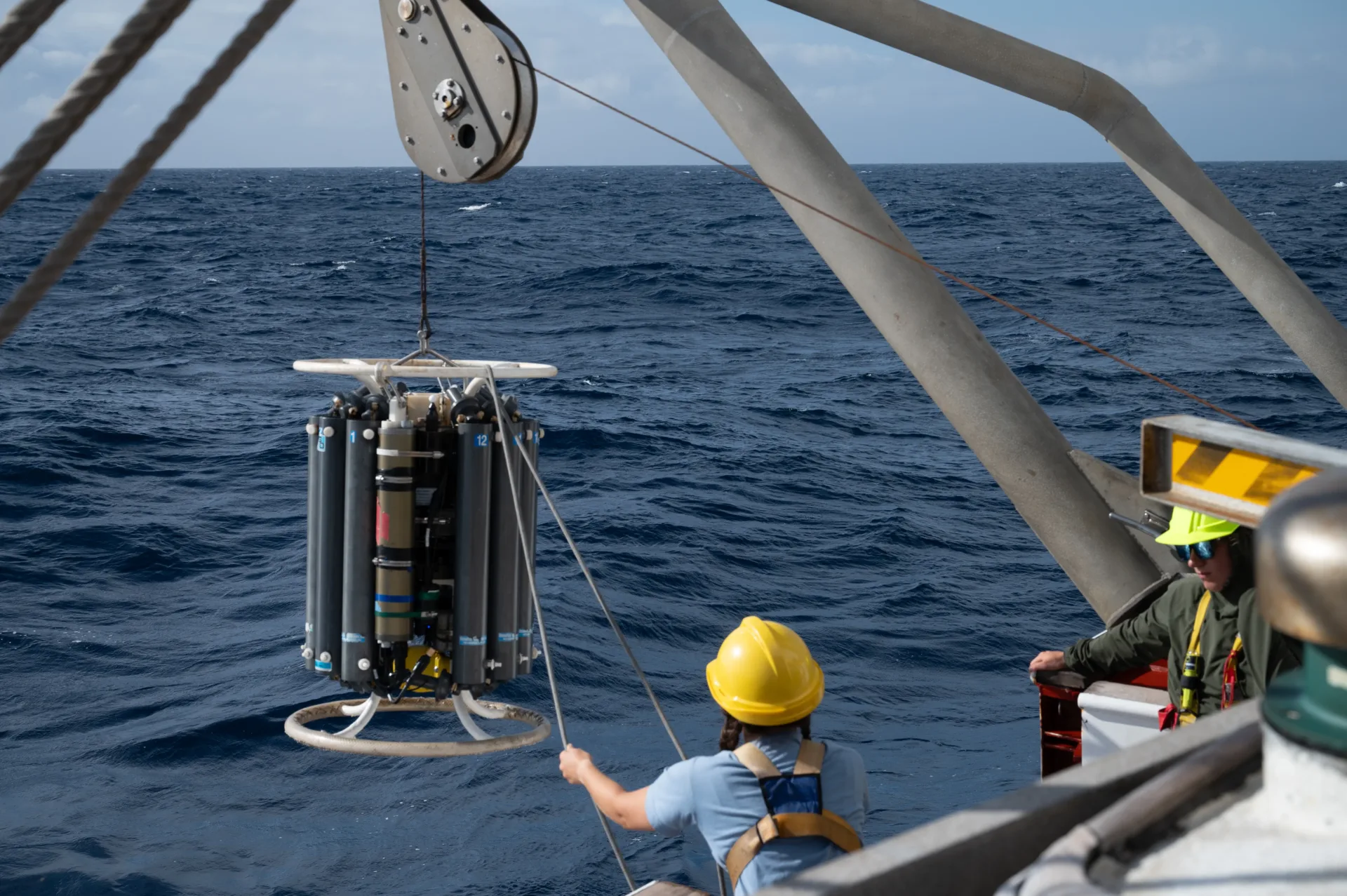
Actively study climate change's impact on coral reefs, observing ecosystem health, and participating in conservation efforts.
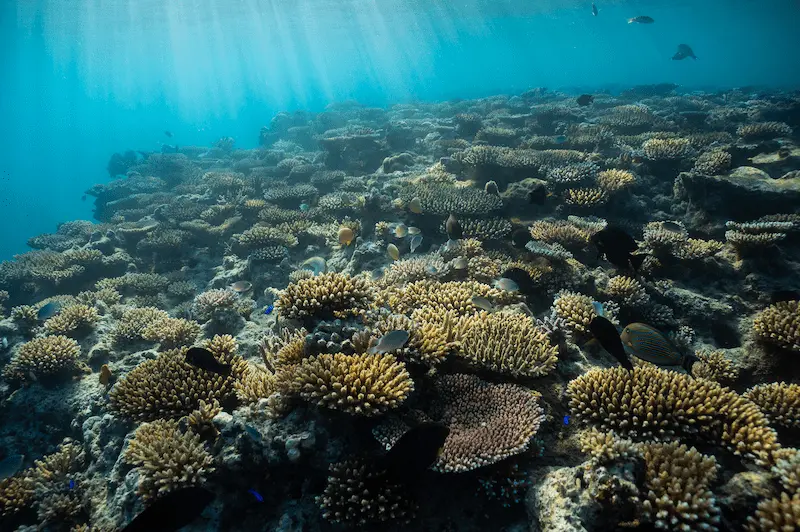
Visit historical museums and scientific institutions and gain access to primary sources that illuminate the historical context of marine environments.

Explore cultural sustainability in marine environments by engaging with local cultures supporting conservation efforts.

Study climate change's coastal effects and marine life through expert-led studies and field experiences.
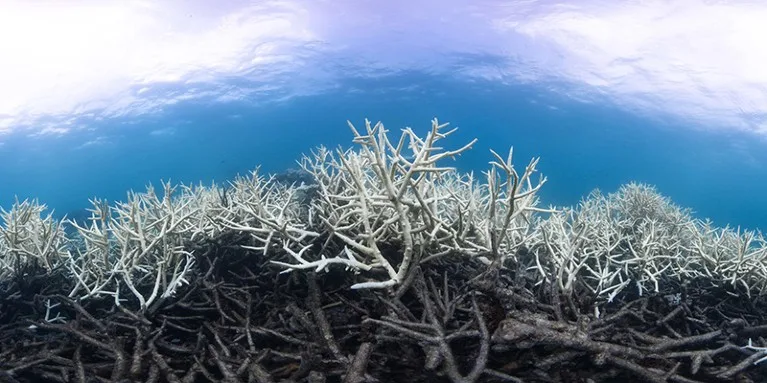
life aboard
At sea, in port, and on campus in Woods Hole, SEA blends learning with hands-on seamanship that transforms how you see yourself and the world.
Our Ships
Each of our tall ships was purpose-built for education and scientific research. They are both certified by the U.S. Coast Guard and sail under the leadership of a 14-person professional crew. Our SSV (Sailing School Vessel) designation means every person aboard has a role and responsibilities as a member of our crew.
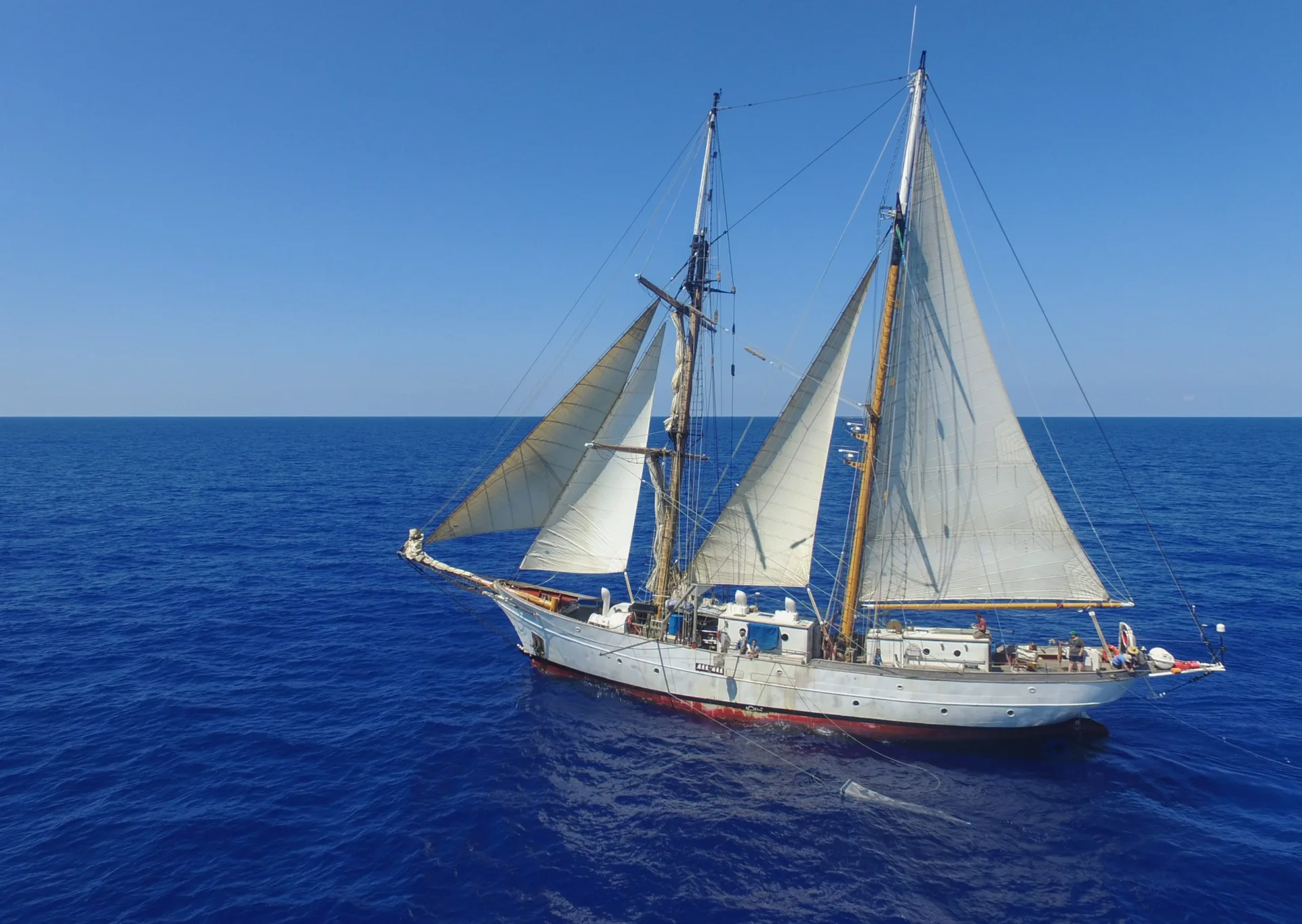
SSV Corwith Cramer
The Corwith Cramer is a 134-foot steel brigantine designed for SEA by Wooden and Marcén, and constructed at ASTACE Shipyard in Bilbao, Spain in 1987. The Cramer is named after SEA's founding director.
Area of Operation
Atlantic Ocean
Classification
United States Coast Guard, Subchapter R
Length Overall
134 feet / 40.8 meters
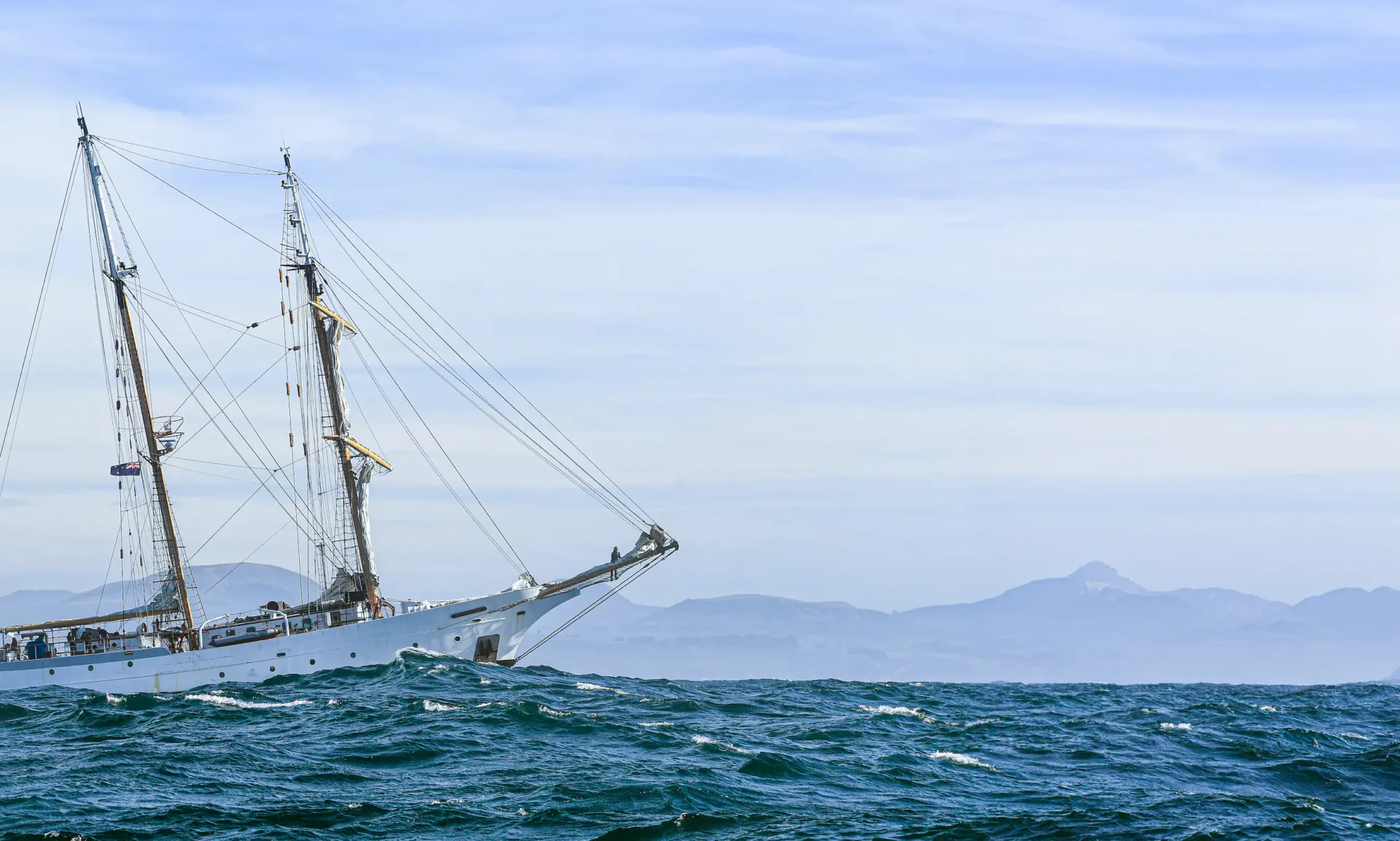
SSV Robert C Seamans
The Robert C. Seamans is a 134-foot steel brigantine designed by Laurent Giles of Hampshire England, and constructed at JM Martinac shipbuilding in Tacoma, Washington in 2001. The Seamans is named after former trustee and Chairman of SEA's board.
Area of Operation
Pacific Ocean
Classification
American Bureau of Shipping A1 and A
Length Overall
134.5 feet / 41 meters
Public Events
Come aboard in Woods Hole each summer to walk the decks and talk to crew members about what it's like to sail. During winter expeditions, tune in to our faculty lecture series to hear directly from the scientists and educators conducting ocean research at sea.
View all events
